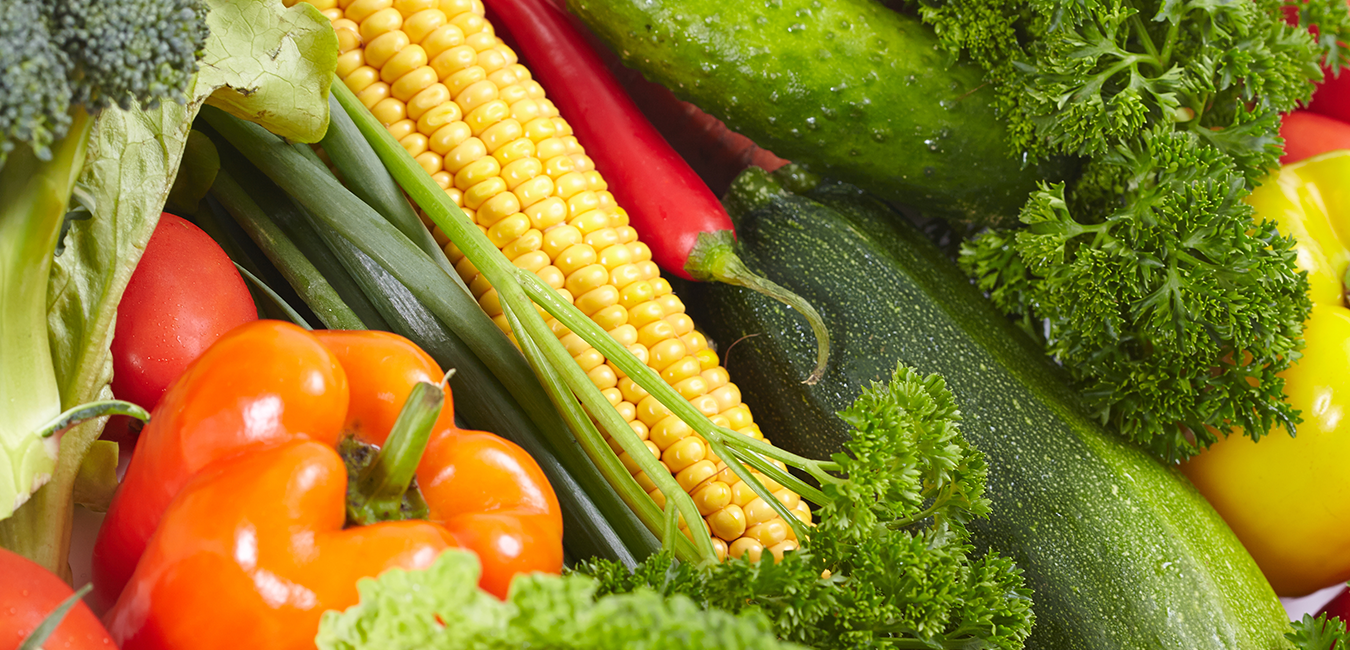A New Anti-Inflammatory Nutrient
Lutein, a nutrient that’s related to beta-carotene and vitamin A, is often thought of as the vision vitamin. It’s used as a supplement to prevent eye-related conditions including macular degeneration, cataracts, and retinitis pigmentosa.
But new research from Linköping University in Sweden suggests that there’s a vital new role for this vitamin known as a carotenoid, which is found in egg yolks, leafy greens, and many other vegetables and fruits.
Researchers looked at the relationship between several common carotenoids—including lutein—and inflammation in close to 200 coronary artery disease patients by comparing the blood levels of the carotenoid and an inflammation marker known as interleukin-6 (IL-6). Among them, only lutein was associated with inflammation, and the levels of lutein corresponded to IL-6 levels: the higher the lutein, the lower the inflammation, as indicated by this marker. The finding is particularly significant as the patients studied were receiving optimal treatment for their heart disease yet still experienced persistent inflammation.
The researchers also explored the mechanism behind this process by looking at immune cells of the patients. They showed that lutein reduced the production and secretion of inflammatory cytokines, molecules that promote inflammation.
The study aligns with other research that has suggested an important role for lutein in heart disease. A study in the journal Atherosclerosis found that compared to people with healthy hearts, those with atherosclerosis had significantly lower blood levels of lutein and the lower levels of lutein were linked to greater stiffness in the carotid arteries. Likewise, in research in Circulation, lutein levels were inversely associated with atherosclerosis—lower levels meant the presence of more disease in the arteries.
The Swedish researchers are expected to continue their research by studying whether eating lutein-rich foods can help tame the chronic inflammation some heart patients experience. Another research question is whether taking a lutein supplement can quell inflammation to improve heart health.
In the meantime, there’s no reason to wait to eat more foods rich in lutein, which Americans don’t always get enough of. Surprisingly the occasional egg is a good bet. Not only is it a good source of lutein, but USDA researchers have shown that lutein from eggs is more readily absorbed into the bloodstream than lutein from other sources, thanks to components in the egg’s yolk, such as lecithin.
In addition to egg yolks, corn, broccoli, kale, turnip greens, spinach, orange pepper, squash, including zucchini, kiwi fruit, and grapes offer lutein in abundance. Like other carotenoids, lutein is best absorbed with (unsaturated) fat in a meal. Cooking lutein-containing vegetables with oil may increase their bioavailability, helping you get the maximum benefit, whether you already have cardiovascular disease or aim to prevent it.
If you are concerned about inflammation that may put you at higher risk for heart attack, the Cleveland Heartlab offers a unique group of inflammation tests to help determine your individual risk through the Know Your Risk Program™.

